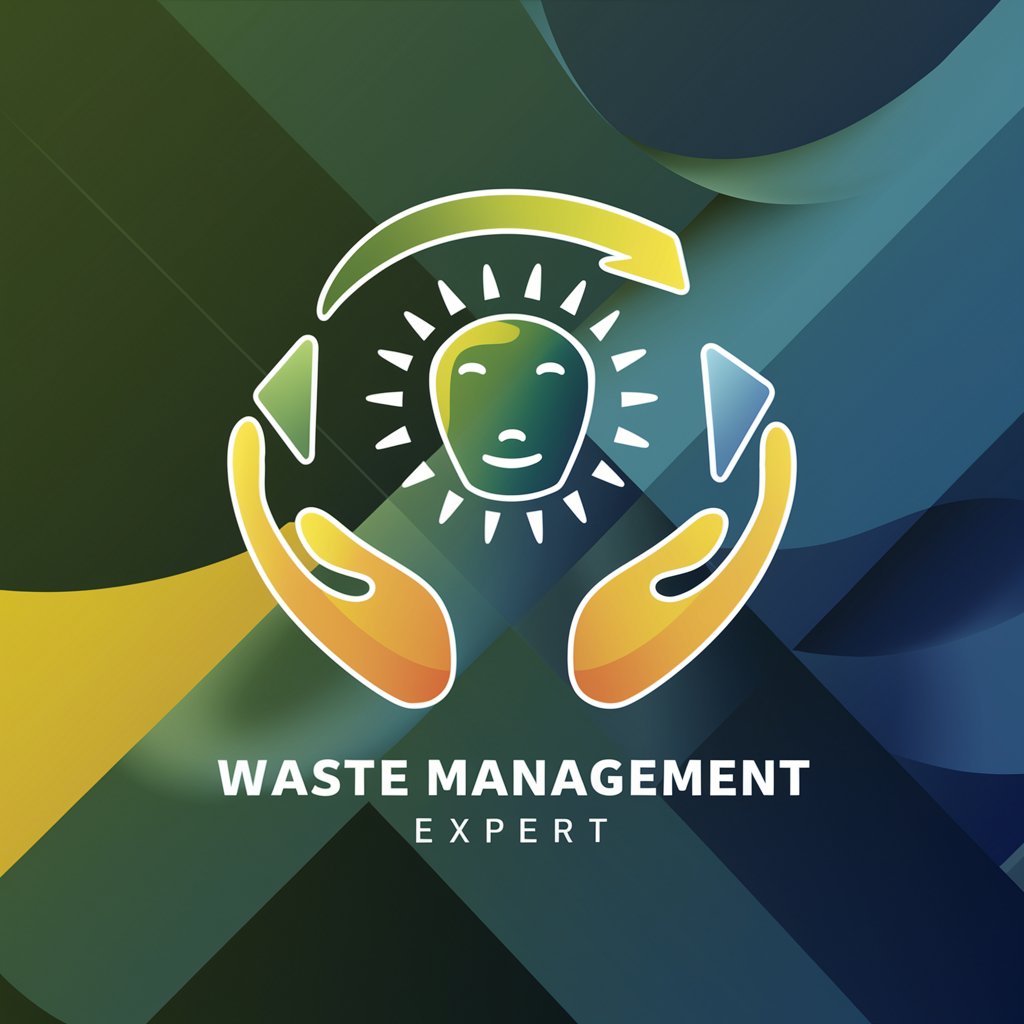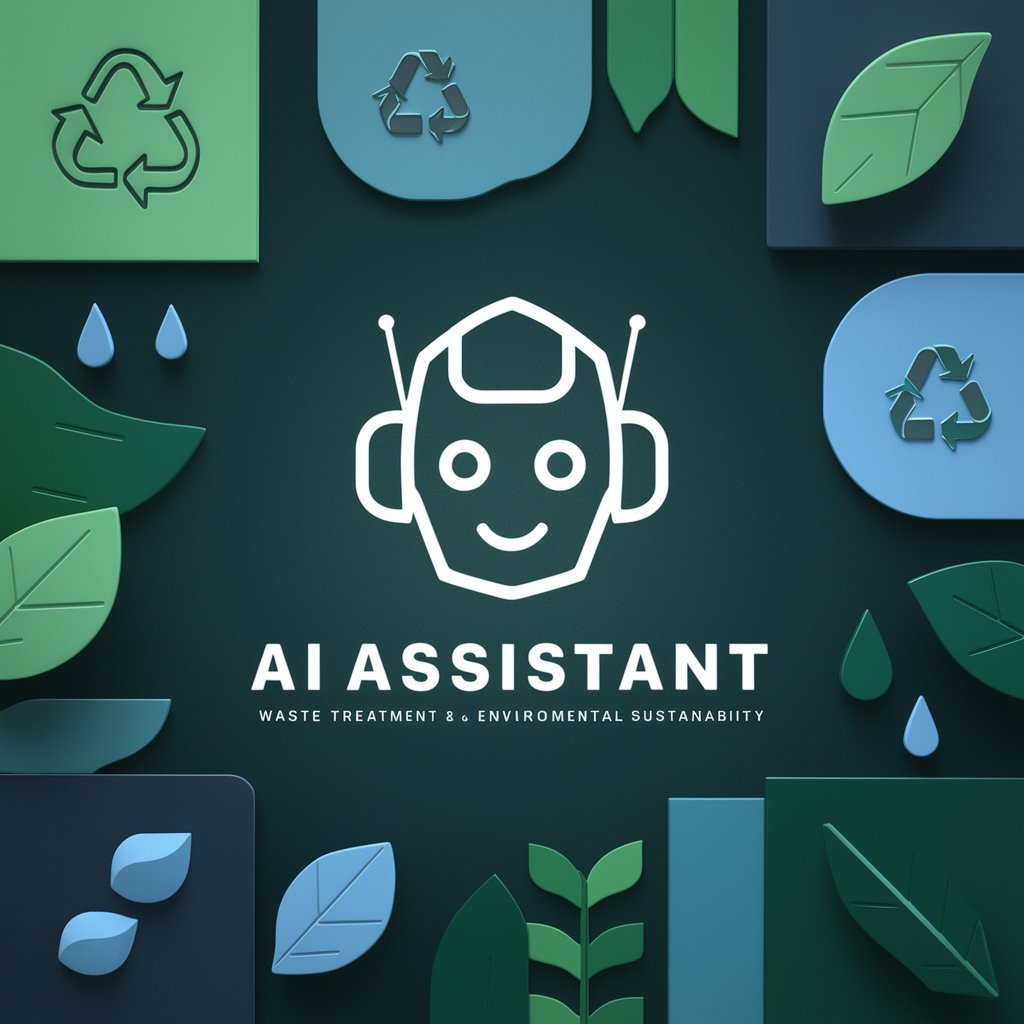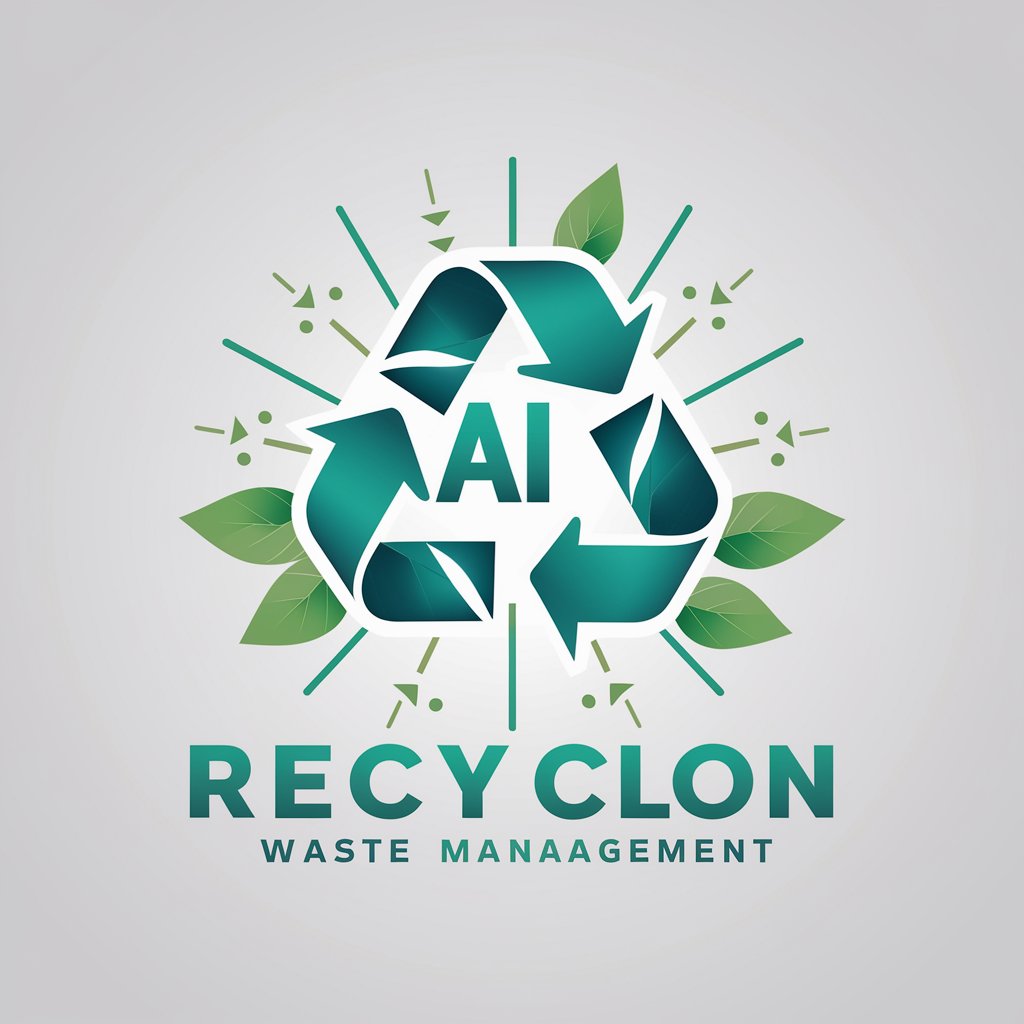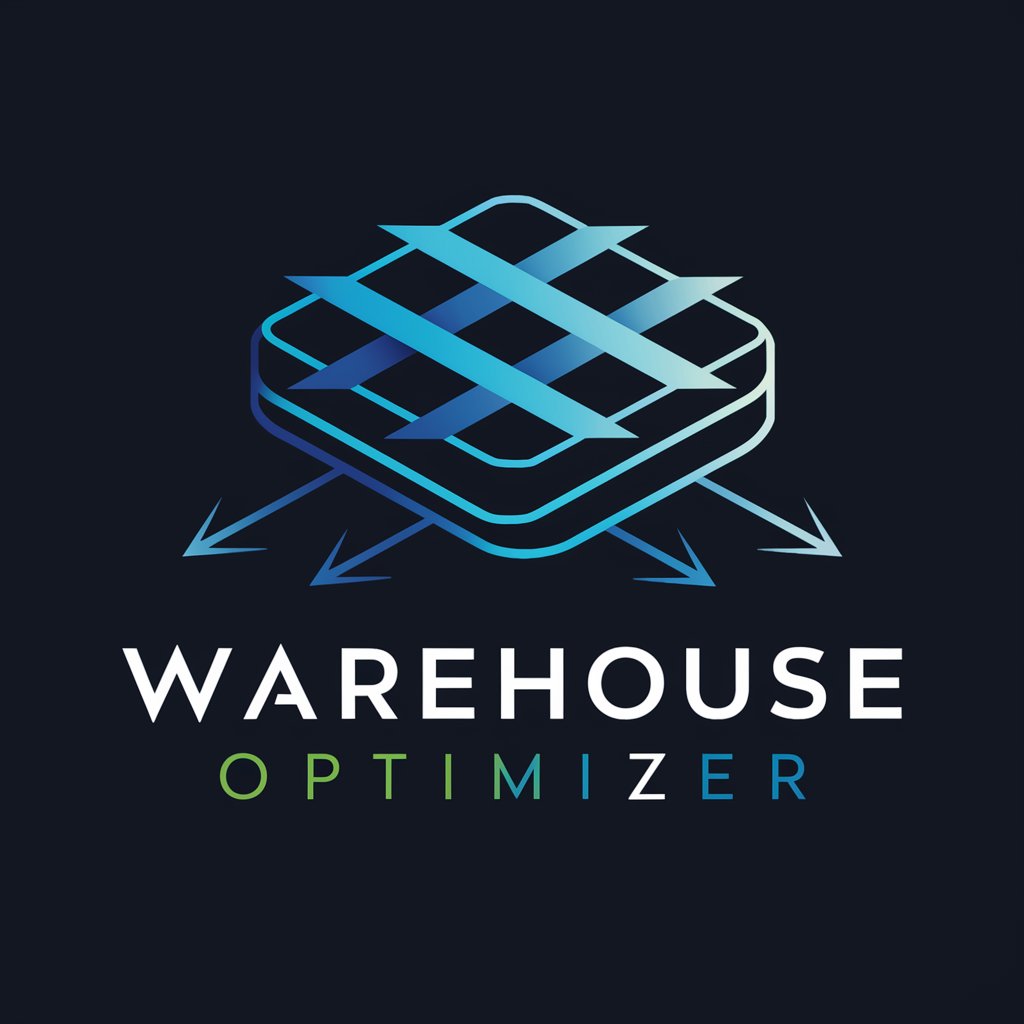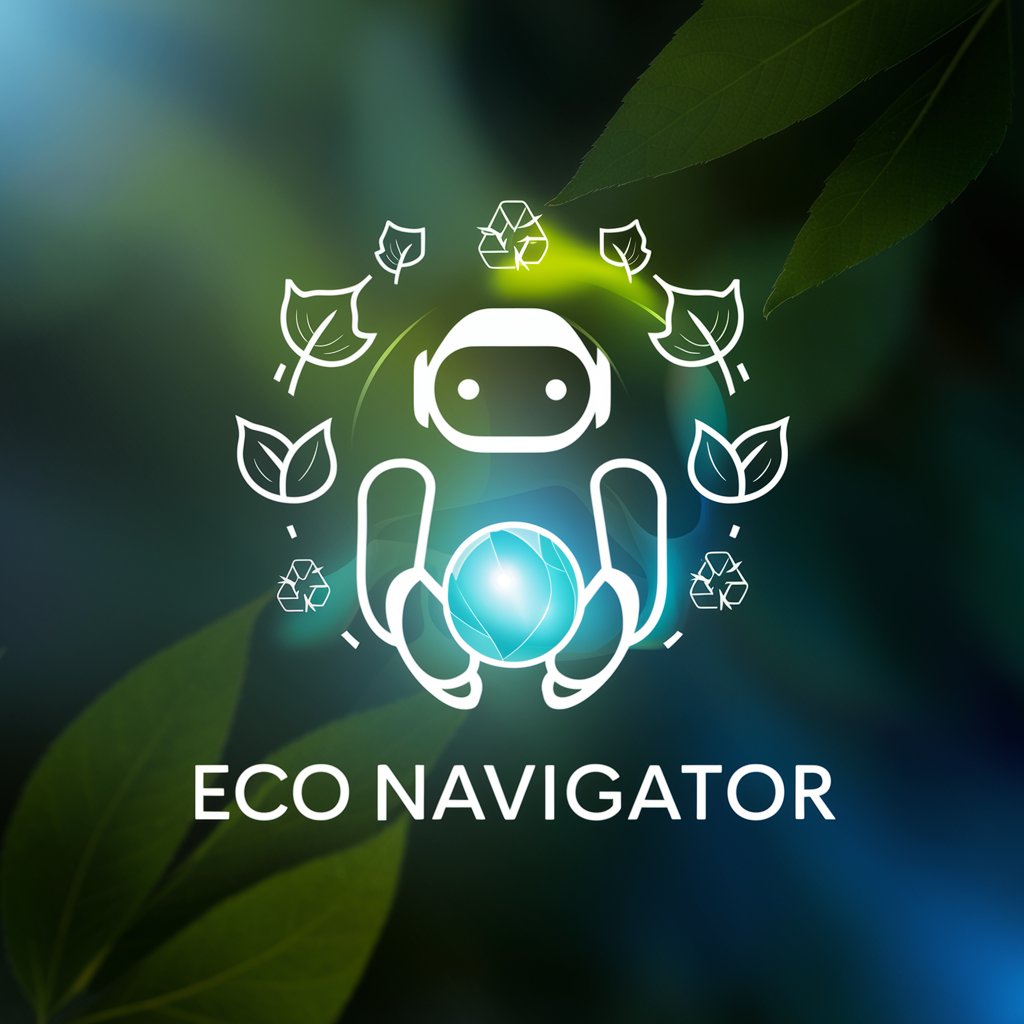
Waste Management Optimizer - AI-Powered Waste Optimization
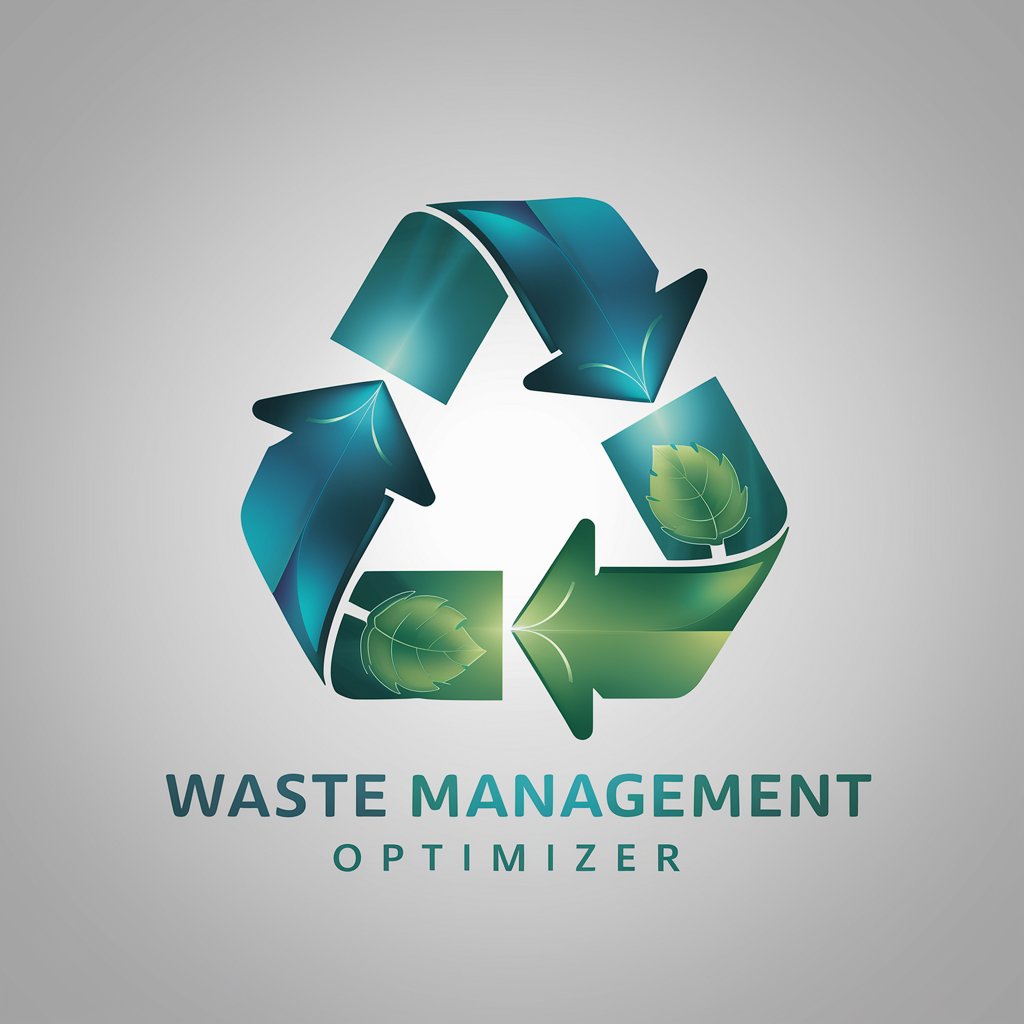
Hello! Ready to optimize your waste management processes?
Smart Waste Solutions Powered by AI
What are the most effective strategies for reducing waste in urban areas?
How can technology improve recycling processes?
What are the latest advancements in waste sorting technology?
Can you suggest eco-friendly alternatives to traditional waste disposal methods?
Get Embed Code
Overview of Waste Management Optimizer
The Waste Management Optimizer is designed to assist in enhancing the efficiency and effectiveness of waste management processes, including waste collection, sorting, recycling, and disposal. The primary goal is to optimize these processes to reduce environmental impact and increase sustainability. This involves using advanced technologies and methodologies to improve the logistics of waste collection, enhance the accuracy of sorting recyclables from non-recyclables, optimize recycling processes, and ensure the environmentally safe disposal of waste. For instance, in a municipal setting, this tool could help streamline the routing of waste collection vehicles to minimize fuel consumption and reduce emissions, or in an industrial context, it could aid in implementing a more efficient sorting system that increases the amount of material reclaimed and recycled. Powered by ChatGPT-4o。

Key Functions of Waste Management Optimizer
Route Optimization for Collection
Example
Utilizing GIS and real-time traffic data to generate the most efficient routes for waste collection trucks.
Scenario
In a city like San Francisco, route optimization can reduce the total drive time for waste collection vehicles, leading to lower fuel consumption and reduced carbon emissions.
Automated Sorting Technology Advisory
Example
Advising on the integration of AI-driven sorting technologies that improve the separation of recyclables from general waste.
Scenario
A recycling facility may implement AI-assisted robotic arms to increase the purity and recovery rate of recyclable materials, such as plastics and metals, enhancing the overall efficiency of the recycling process.
Recycling Process Enhancement
Example
Providing strategies to upgrade recycling equipment and processes to handle more diverse types of recyclable materials.
Scenario
For a medium-sized city, implementing advanced screening and cleaning equipment to handle complex recyclables like multi-layer plastics and small electronic components can significantly increase the range of materials that can be effectively recycled.
Waste Minimization Consulting
Example
Offering recommendations for reducing waste generation at the source within organizations.
Scenario
A company could adopt suggested changes in their packaging design to minimize material usage, which not only reduces waste but also cuts down on manufacturing costs.
Compliance and Sustainability Reporting
Example
Helping entities adhere to local and international waste management regulations while promoting sustainability goals.
Scenario
A multinational corporation can use the tool to ensure all its facilities are in compliance with the EU's waste management directives, while also tracking and reporting on sustainability metrics such as waste diversion rates and landfill reductions.
Target Users of Waste Management Optimizer
Municipal Waste Management Departments
Local government entities responsible for public waste services can use the tool to improve collection efficiency, comply with environmental regulations, and engage in public recycling initiatives.
Recycling Facilities
Operators of recycling plants can benefit from advanced sorting technologies and process optimizations to increase output quality and operational efficiency.
Industrial and Manufacturing Companies
These entities often generate significant amounts of waste and can use the tool to improve their waste handling practices, reduce costs, and enhance their corporate social responsibility profiles.
Environmental Consultants
Consultants specializing in environmental management and sustainability can leverage the tool to provide enhanced services to their clients, such as compliance monitoring and waste reduction strategies.
Educational Institutions and Non-Profits
Schools and non-profit organizations focused on sustainability can use the tool to educate their communities, manage waste more efficiently on campus, and showcase their commitment to environmental stewardship.

How to Use Waste Management Optimizer
Step 1
Visit yeschat.ai for a free trial without login, also no need for ChatGPT Plus.
Step 2
Choose the relevant waste management module based on your needs, such as collection optimization, recycling processes, or landfill management.
Step 3
Input specific data related to your waste management systems, including waste types, volumes, and local disposal regulations.
Step 4
Analyze the provided recommendations for efficiency improvements and potential cost savings.
Step 5
Implement the suggested optimizations and monitor the system regularly for any adjustments or further enhancements.
Try other advanced and practical GPTs
Wavertree Waste
Streamlining Waste Management with AI
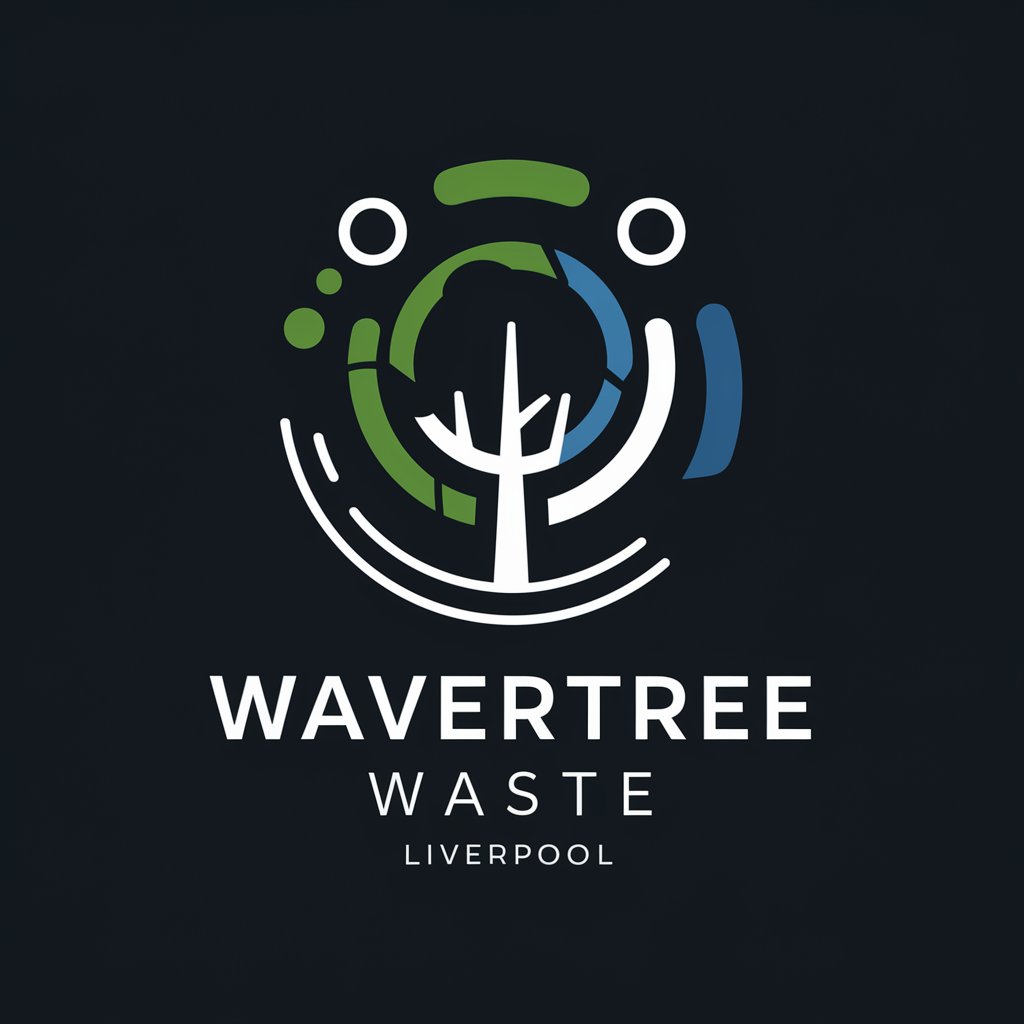
Zero-Waste Challenge Guide
Empowering Sustainable Living with AI
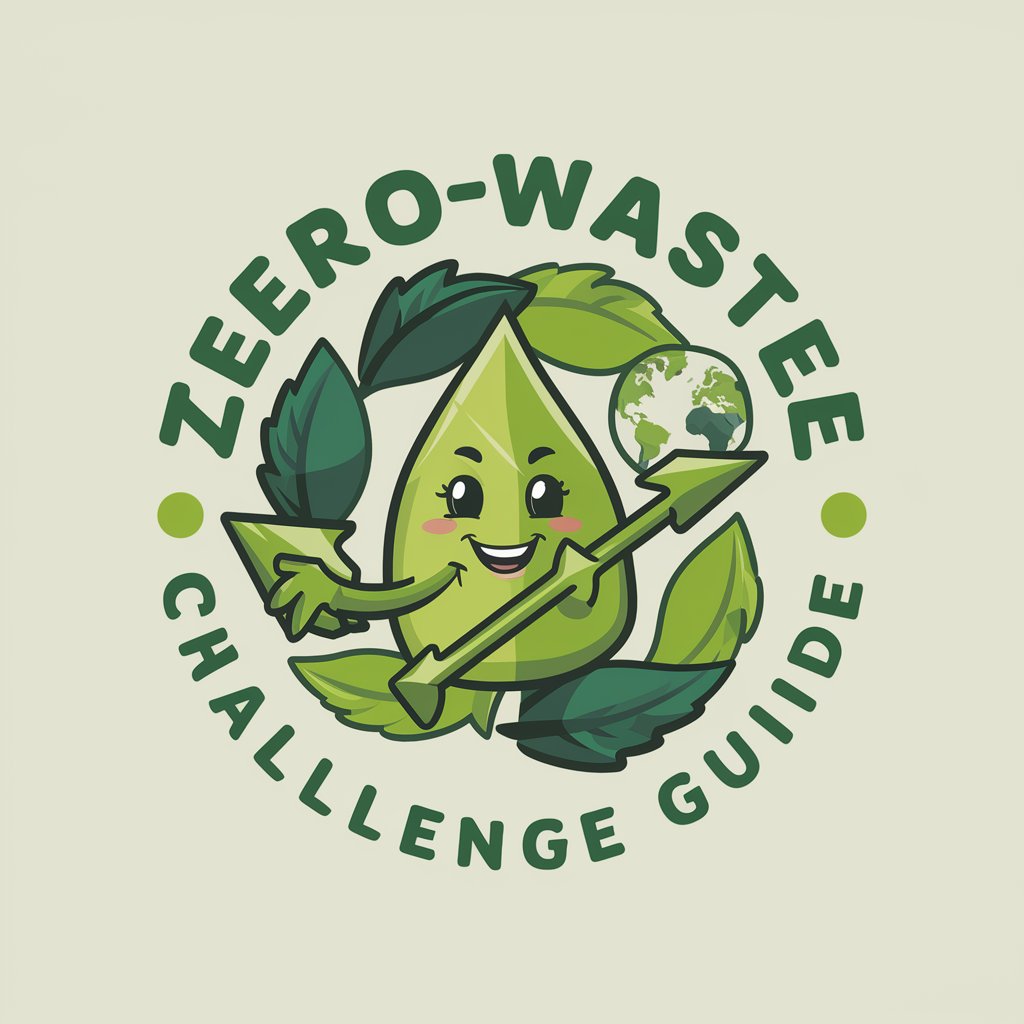
Waste Management Optimizer
Optimize Routes with AI-Powered Efficiency

【感情に刺さる文章作成BOT】
Bringing Emotions to AI-Written Texts
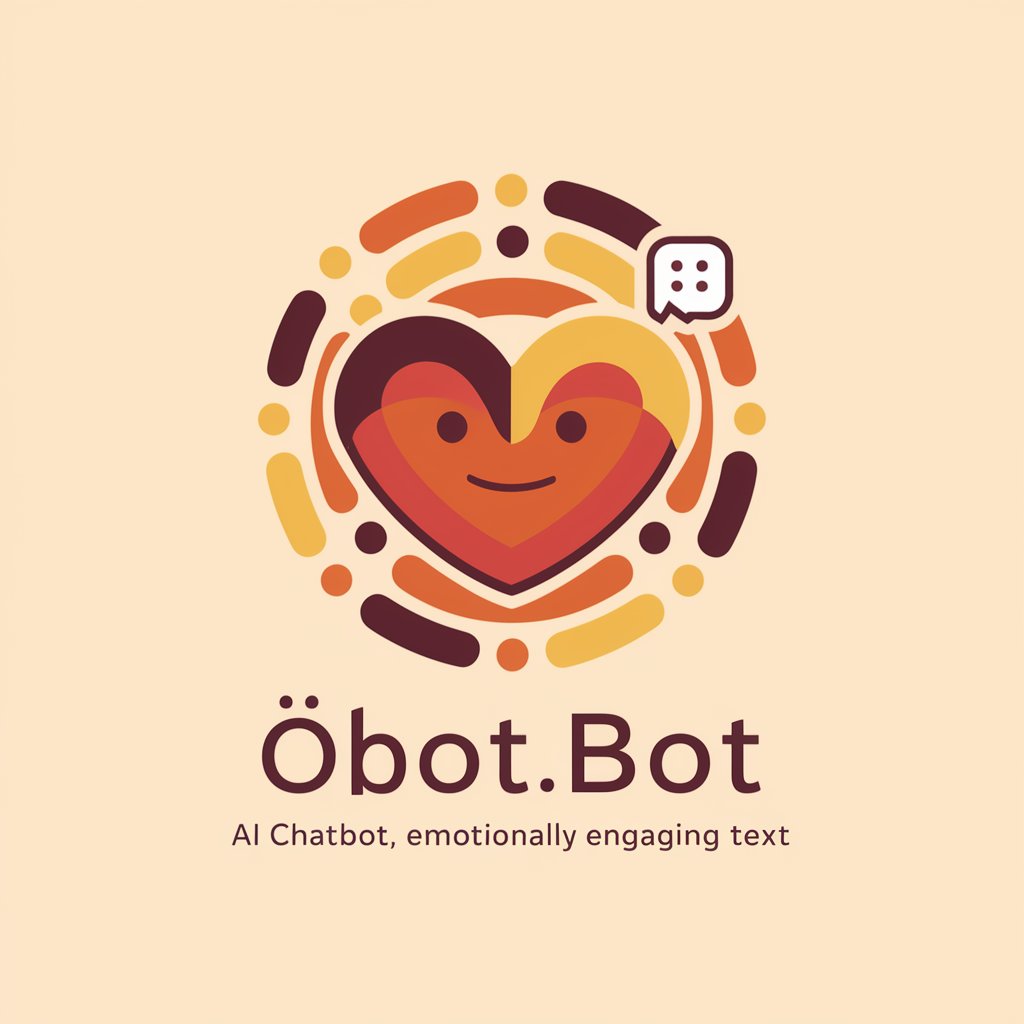
【感情分析】喜び、悲しみ、怒り、不安、不満、満足
AI-powered insight into emotional dynamics

感情豊かな文章作成
Crafting Texts with Heart and Soul
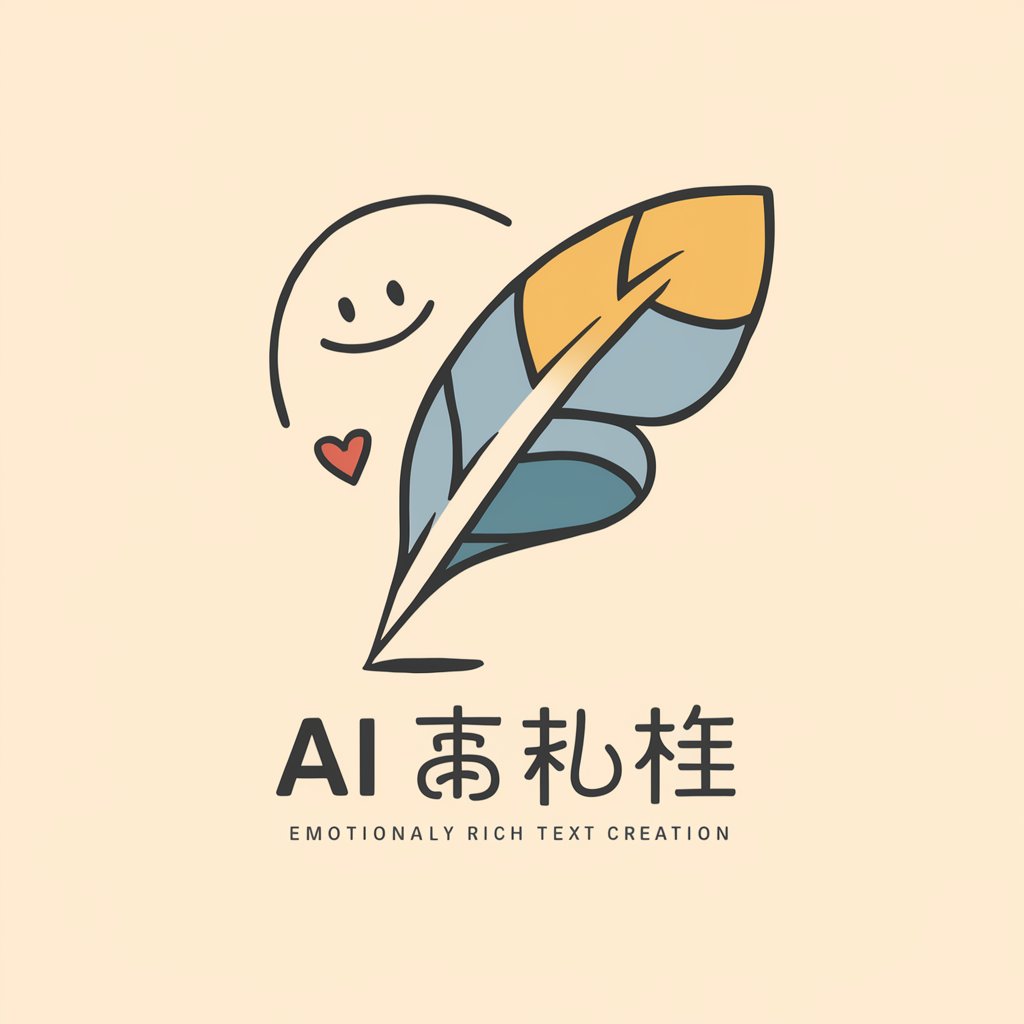
Zero Waste Companion
Master sustainable cooking with AI.
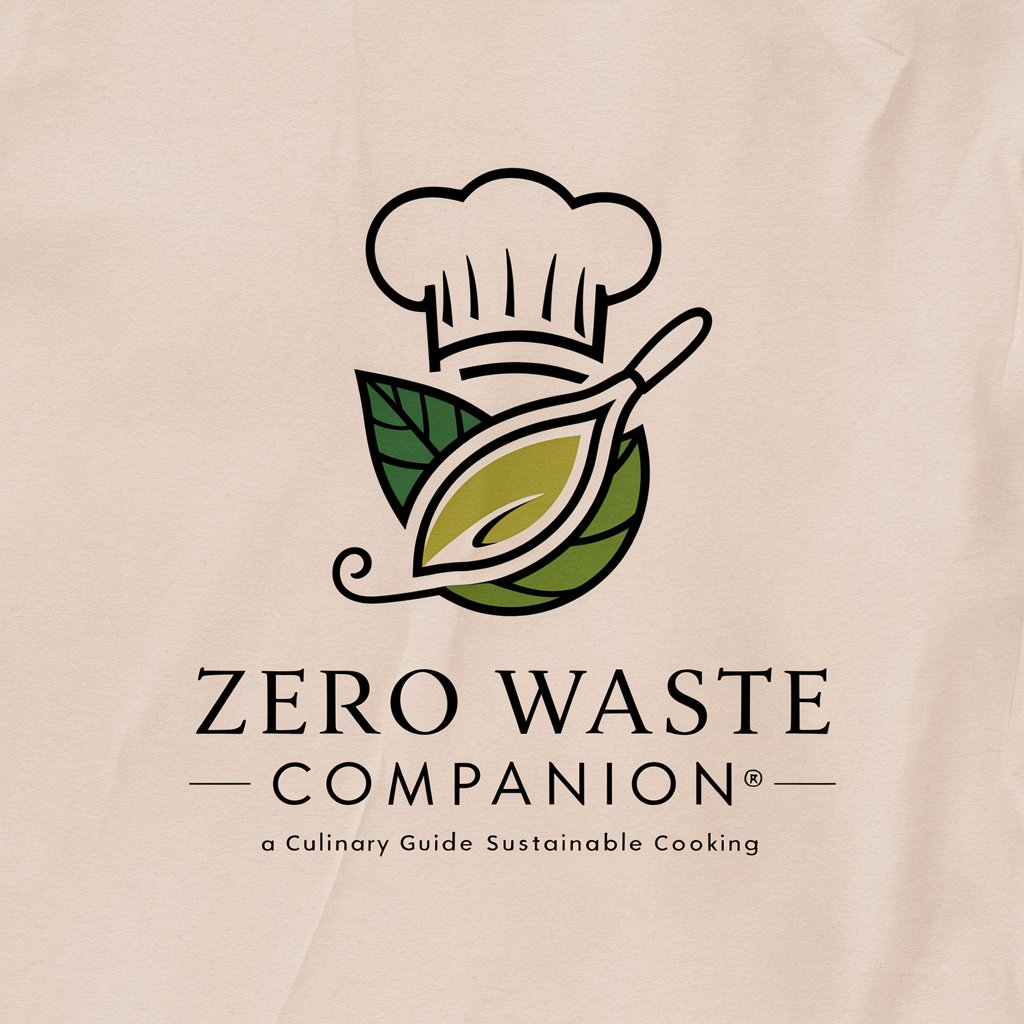
Zero Waste Product Designer
Design Smart, Waste Nothing.
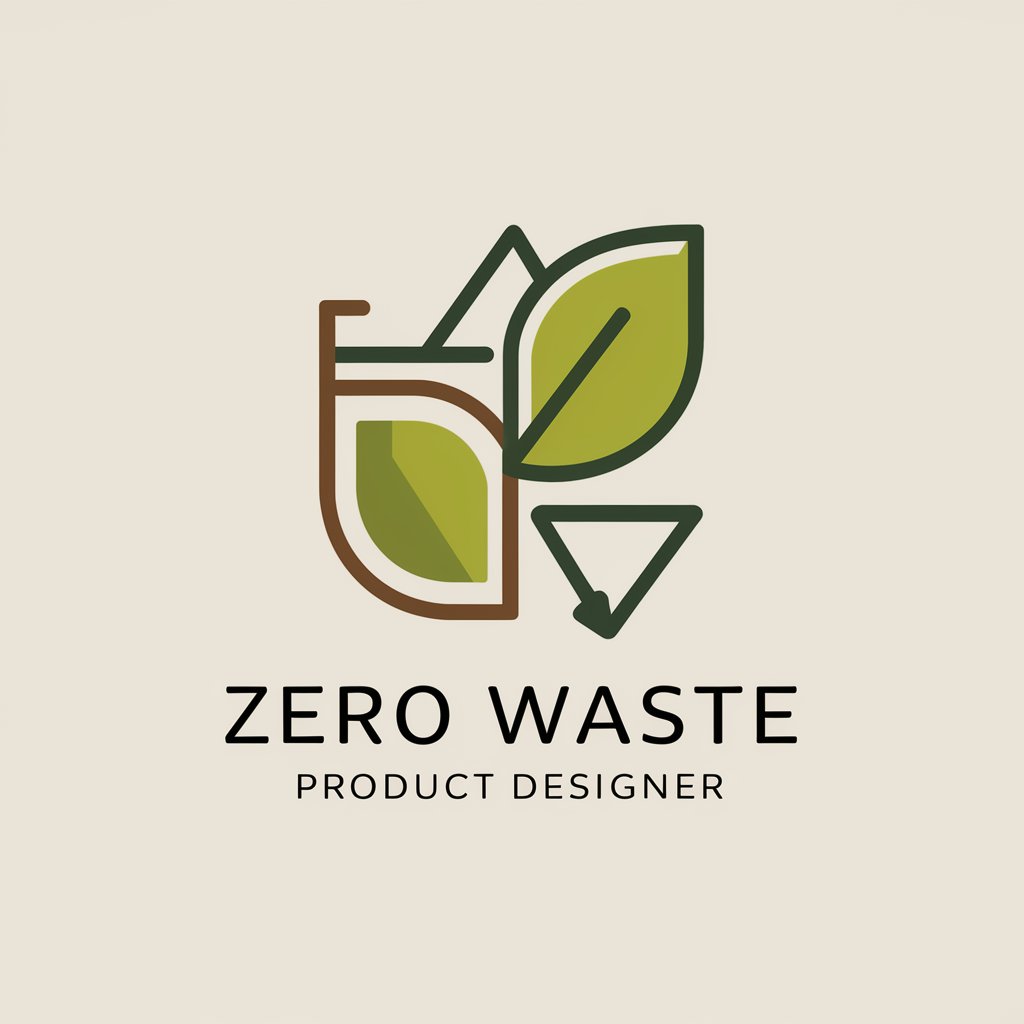
Waste Reduction Advisor
Turn waste challenges into sustainable solutions
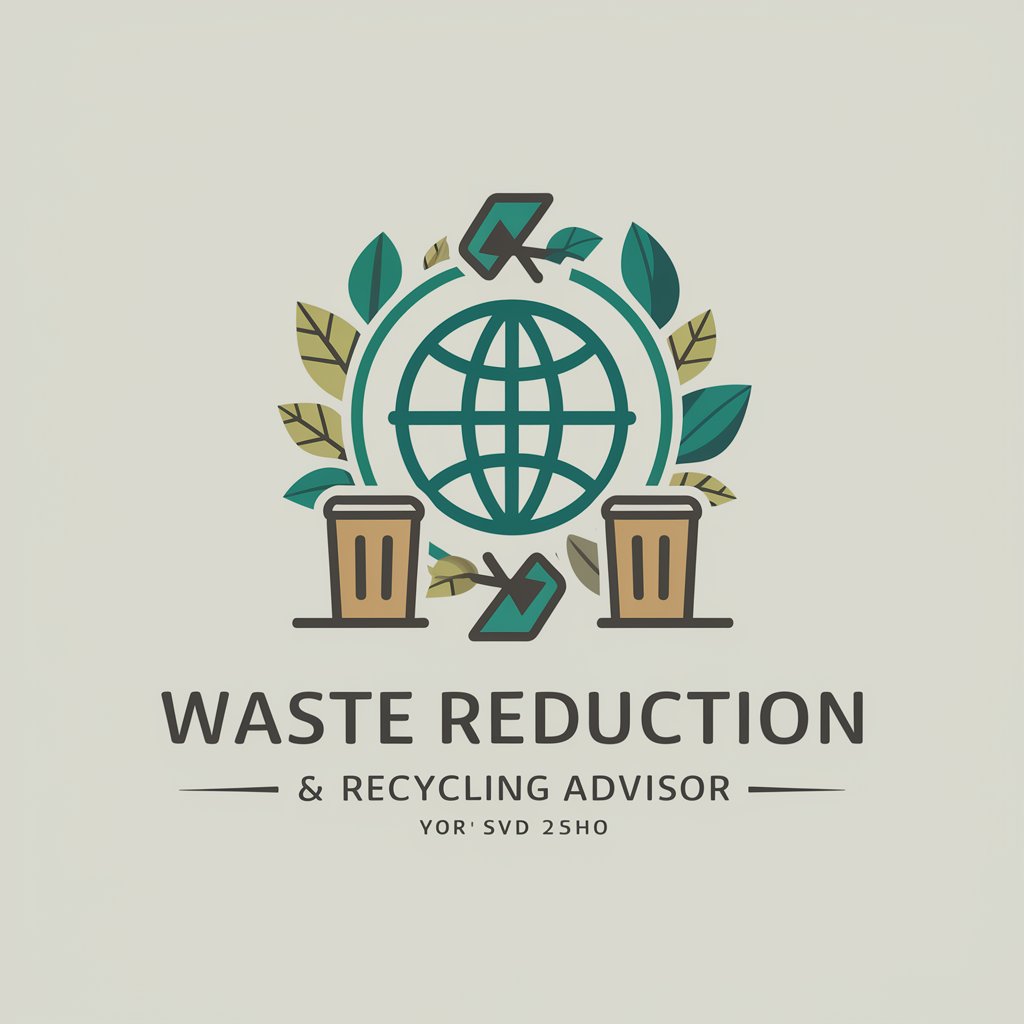
Zero Waste Chef 〜ゼロウェイストシェフ〜
Turn Leftovers into Gourmet with AI

微信公众号助手
Revolutionize Your WeChat Content with AI
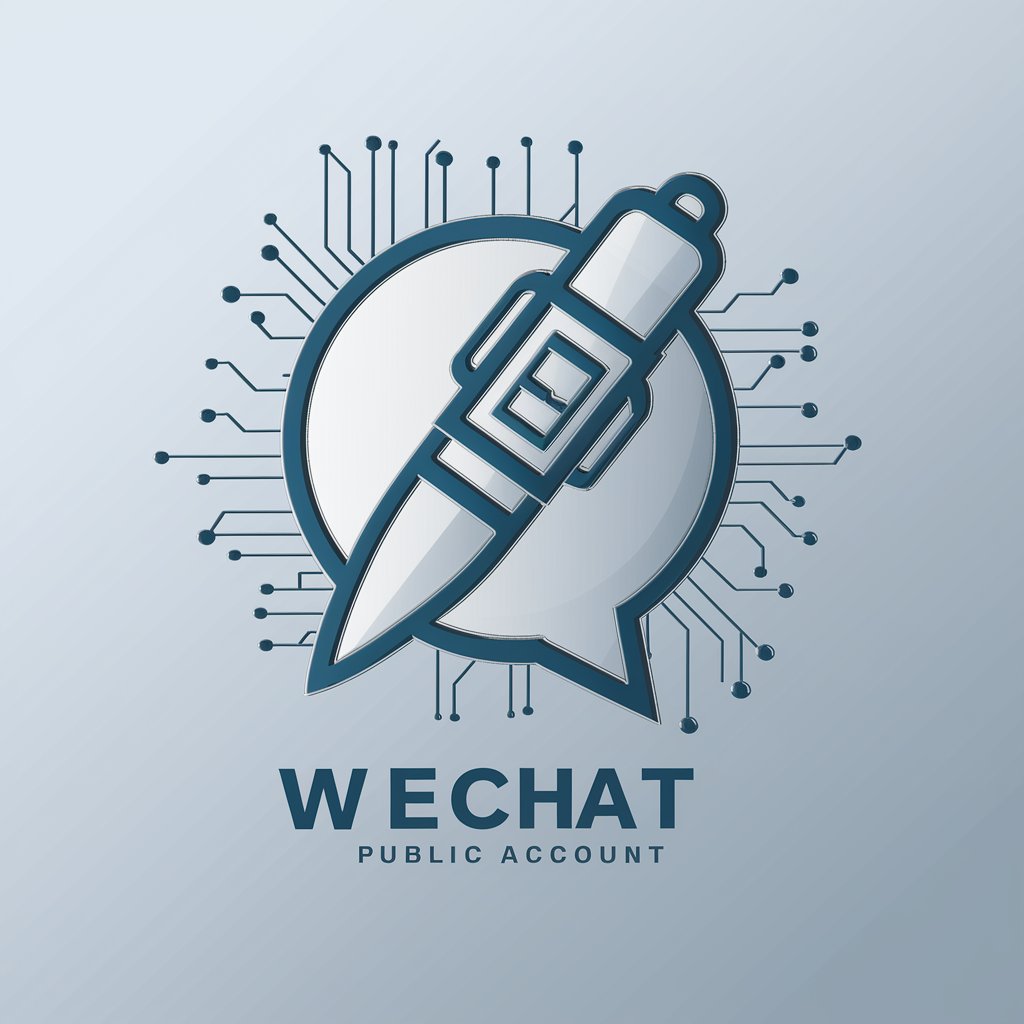
公众号撰稿助手
Streamline Your WeChat Articles with AI
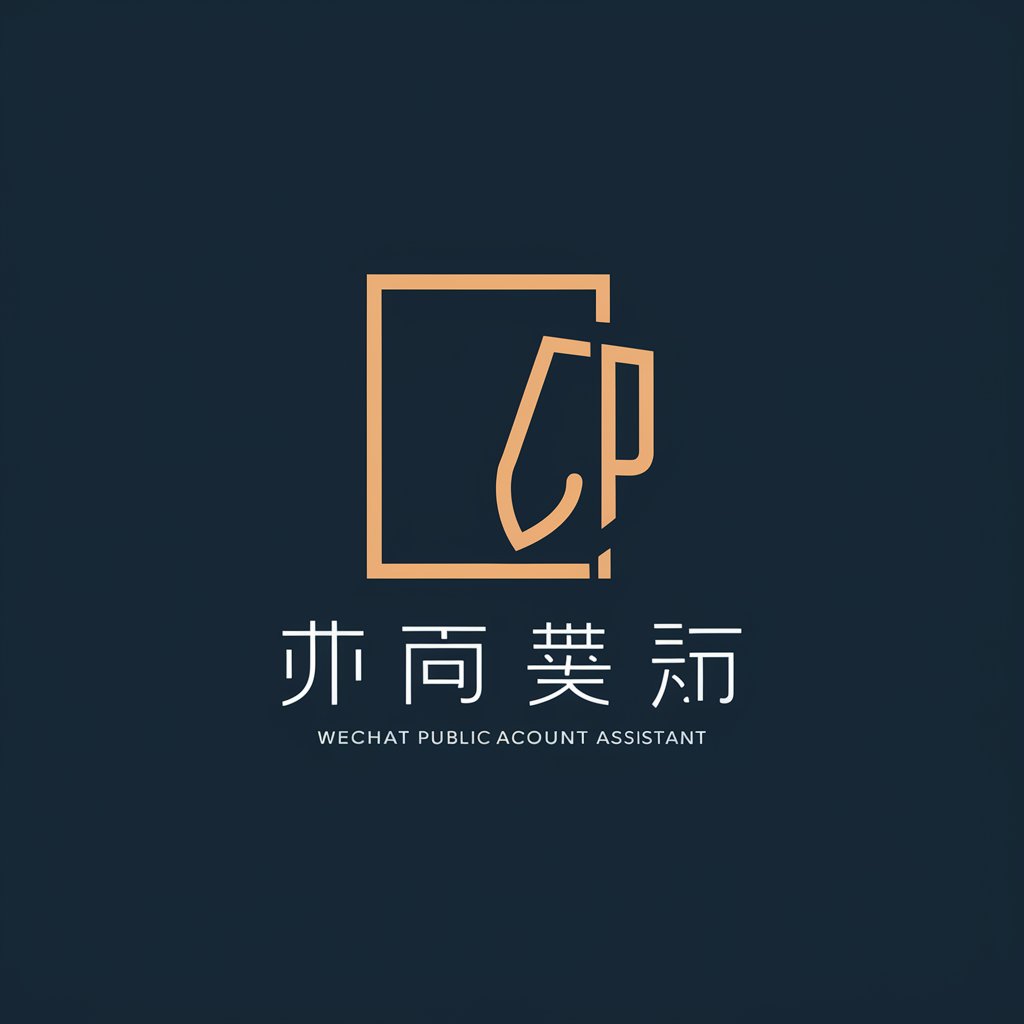
Frequently Asked Questions About Waste Management Optimizer
What types of waste does the Waste Management Optimizer handle?
The tool is designed to manage various types of waste, including municipal solid waste, industrial waste, hazardous waste, and recyclable materials.
How does Waste Management Optimizer enhance recycling processes?
It analyzes recycling operations to optimize sorting procedures, improve contamination detection, and enhance the overall efficiency of recycling facilities.
Can the tool help reduce operational costs?
Yes, it provides insights and actionable recommendations on route optimization, resource allocation, and process improvements that can lead to significant cost reductions.
Is the Waste Management Optimizer suitable for small municipalities?
Absolutely, the tool can scale its recommendations based on the size and specific needs of any municipality, aiding in efficient waste management regardless of the community's size.
What technological innovations does the tool incorporate?
The optimizer utilizes AI and machine learning algorithms to predict waste generation patterns, optimize collection routes, and suggest the best recycling practices.
